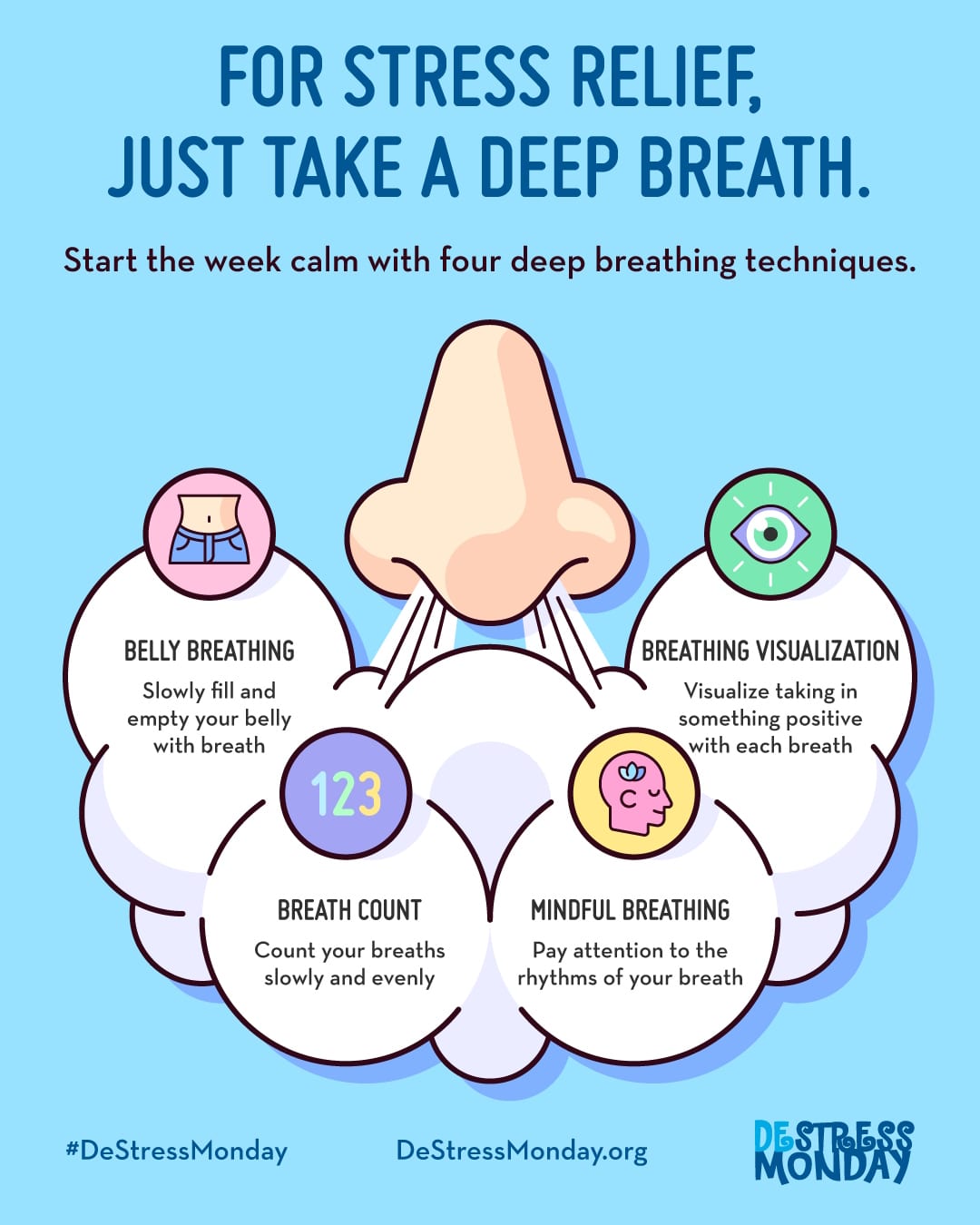Don’t forget about your mental well-being this holiday season.

It’s ironic how stressful the holidays are for so many people. Even the most well-adjusted people can buckle under the weight of attending and planning a bunch of parties and meals.
While some stress is normal during the holidays, that stress can send you spiraling if it’s left unchecked.
The holidays are particularly stressful for people who already struggle with their mental health — according to the National Alliance on Mental Illness, 64% of people with mental illness say their conditions worsen during the holidays. During the holidays.
Unsurprisingly, most guys aren’t thinking about or prioritizing their mental health during the holiday season.
It’s common knowledge that men are less likely to seek out mental health treatment than women, and that’s equally true for the holidays as it is for the rest of the year.
The holidays also present unique challenges, so even if you take care of your mental health on a regular basis, you might find yourself thrown off when the end of the year rolls around.
The holiday blues isn’t something to take lightly, which is why you need a plan for managing your mental health this season.
Here are some guidelines you can follow to keep yourself in the best headspace possible over the holidays.
Understand Holiday Stressors
While the holidays are supposed to be cheerful and festive, they harbor all kinds of stressors. These triggers are the result of all the various demands and expectations of the holidays converging to create a storm of stress.
Here are some of the most common holiday stressors to watch out for:
Finances
Unfortunately, the holidays are inextricably linked to money. It’s a season of shopping and traveling, and with that increased focus on spending comes financial stress.
And this is a more widespread issue than it seems. In a survey by All Points North Lodge, 55% of respondents said that finances are their number one cause of holiday depression.
Loss
Understandably, the loss of someone close is also a huge holiday stressor. Even if it’s been a few years since the loss happened, it can still greatly affect family and social gatherings.
Family
Dealing with family issues during the holidays has become something of a meme, but it’s a serious issue that’s extremely common. This can take various forms, from complex familial conflicts to outright exclusion.
It’s also common to experience emotional regression when visiting family, particularly if you’re going back to your hometown or if your family still lives in your childhood home.
Loneliness
Typically, holiday loneliness is worst for guys who are either single or unable to spend time with their friends and family. However, you can experience loneliness even if you’re around plenty of people — this can be a sign of depression or social anxiety.
Scheduling
Trying to manage a tangled web of dates, times, and places can be tough, especially if you travel a lot during the holidays. And if you’re responsible for organizing or planning anything, that stress can exponentially increase.
Manage Your Stressors
Once you’ve identified your top holiday stressors, create plans to prevent those stressors from taking over your mind.
It’s important to understand that managing your stressors doesn’t mean conquering them overnight. It doesn’t even have to mean facing them head-on — avoidance is a valid way to manage your mental health, especially if you’re dealing with an exceptionally impactful stressor.
Ultimately, the best way to manage holiday stressors is by working with a mental health professional to determine action steps. However, if you don’t have access to one — or if you just want a few strategies to keep in your back pocket — here are a few mental health management tips to try.
Deal With the Source
Putting off thinking about how to deal with your stress will generally make things worse, and that’s even more true if you suffer from an anxiety disorder.
Instead, develop a plan to deal with the sources of your stress. For each stressor, are you able to manage the feelings it causes, or do you need to avoid it entirely?

This can mean doing breathing exercises when you feel negative (and possibly intrusive) thoughts arise. But this can also be more extreme. If you have to say no to an event to avoid a huge stressor, that’s absolutely fine.
Give Yourself Room To Feel
It’s extremely common to shut down and suppress emotions in an attempt to bypass negative feelings entirely, but sometimes, this isn’t a practical or helpful approach to take. Suppressing feelings can work sometimes, it can also backfire and result in an outburst of emotion.
Suppression is especially common when you’re dealing with the social pressure to be joyful and festive. For example, if there’s underlying stress at a family dinner, you might try to ignore those feelings entirely so you can fulfill your familial role.
Instead, try giving yourself permission to fully experience an emotion — even if it’s negative or not ideal for the situation you’re in. Rather than trying to power through, take a few moments to acknowledge how you’re feeling and sit with that emotion.
Be Communicative About Your Stress
A little communication can go a long way. When others know that you’re dealing with a lot, they’ll be able to understand without taking your behavior the wrong way.
Even just telling one person you trust can really help. For instance, if a partner, close family member, or friend knows that you’re struggling, they can support you and listen to what you’re going through.
Be Selective With Your Mental Energy
Mental energy is precious, so it’s important to carefully consider how to use it — especially during already stressful seasons.
If you go through the holidays worrying about every small thing, you’ll overtax yourself and wind up burned out and miserable.
To prevent that, be deliberate about the plans you make and the people you surround yourself with. Set boundaries for yourself however you need, and don’t let anyone pressure you into doing otherwise.
Know Where To Get Help
Prioritizing your mental health is always a good thing, but it’s also good to know where to turn to if you’re in need.
It’s best to seek out a mental health professional in your area. If cost is a barrier for you, research the free and low-cost options that are available to you. (It’s worth looking at online therapy or counseling if you don’t have many viable local options.)
For mental health emergencies, contact the National Suicide Prevention Lifeline at 988 or 800-273-TALK (8255) or The Mental Health Hotline at 866-903-3787.
Take Care of Yourself This Holiday Season
It’s easy to push aside your mental health for all kinds of reasons, but doing so can make things worse and cause everything to be even more overwhelming than it already is.
Of course, managing your mental health during the holidays is easier said than done, but that just outlines the importance of having plans for how to deal with your stressors.
In most cases, the worst thing you can do is nothing at all. The more prepared you are, the more effective you’ll be at dealing with negative feelings.
If you take just one thing away from this article, I hope it’s that you shouldn’t let social or familial expectations pressure you into putting your mental well-being on the back burner.
Need another way to cope with holiday stress? Writing down your thoughts might help — check out our guide to journaling for men to learn more.






Ask Me Anything